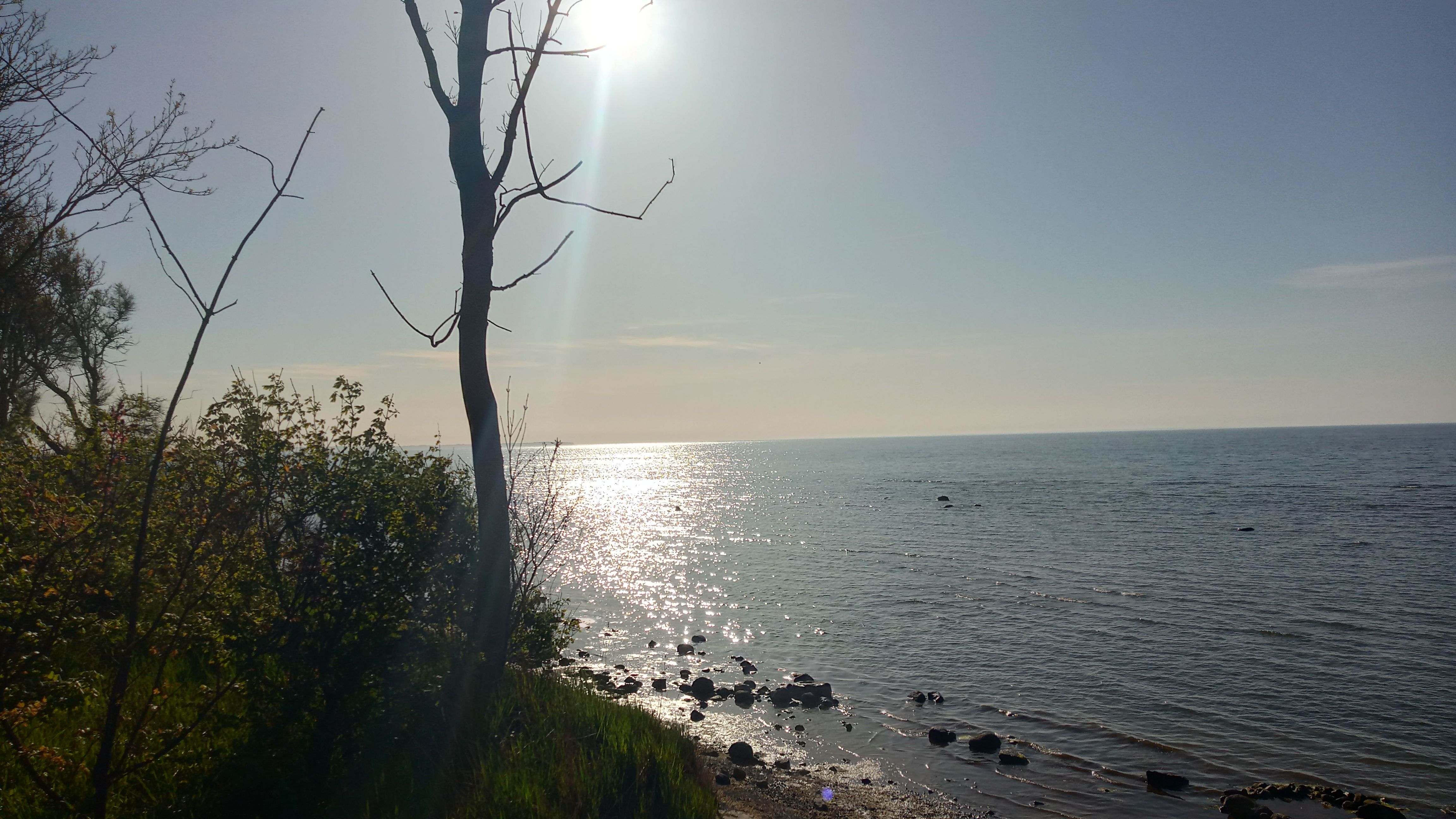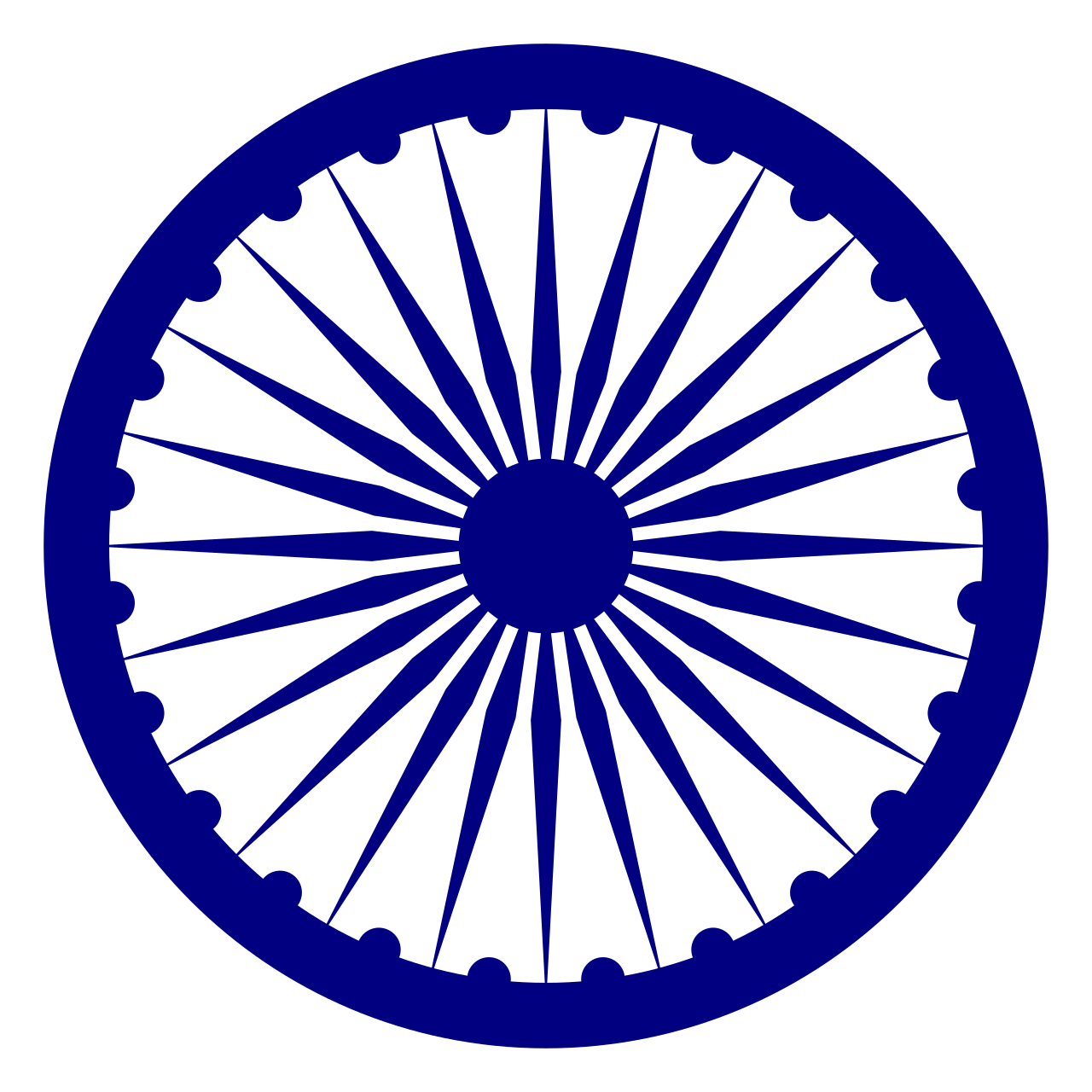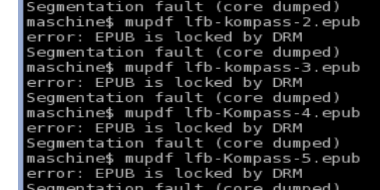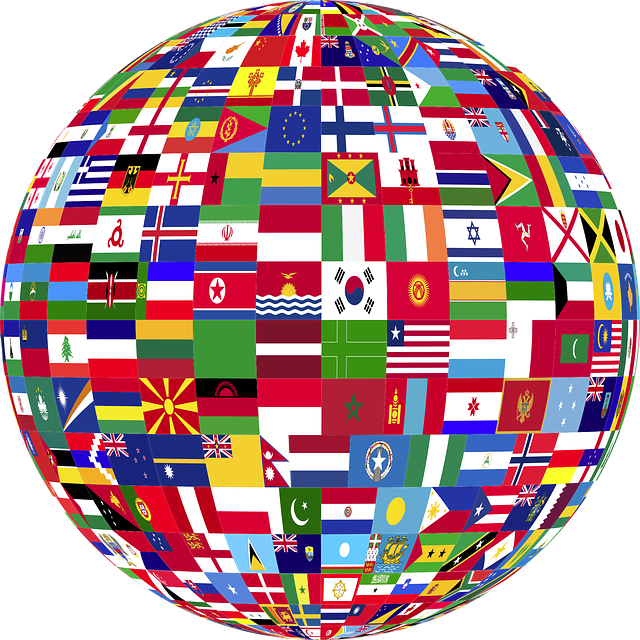testing
zu testzwecken > this is my favorite alt acc on the fedi
- 140 Posts
- 97 Comments

 1·7 months ago
1·7 months ago@cydonian yes! zee5’s letter is spineless - india has entered a new phase …
from the article:
In a shocking incident at the Colonial War Memorial Hospital (CWMH) on Tuesday, a caregiver faced religious discrimination when a head nurse instructed her to remove her hijab upon reporting to work at the new surgical ward.
Residing in Komave settlement in Nabua, Rasida Janif was completing her two-month internship as a caregiver, having successfully completed her caregiving courses at the Fiji National University (FNU).
Ms J anif claimed the head nurse explicitly directed her to take off her hijab, asserting that the hospital was “not a religious facility”.
The statement left Ms Janif with mixed emotions, describing the incident as racially motivated and emotionally distressing.
“This is the first time I’ve had to endure such a horrifying experience,” Ms Janif said, expressing her dismay at the sudden discriminatory treatment.
“I’ve worked in many places, and everyone accepted my attire as it is.”
Ms Janif highlighted she had initially been advised to wear a shorter hijab during her first weeks of attachment, which she willingly complied with.
However, the abrupt demand to remove her hijab later in her internship conflicted with her religious beliefs, leaving her feeling targeted.
The Islamic headscarf, she emphasised, is not merely a piece of clothing but “a big part of her identity,” and relinquishing it would compromise her deeply held religious convictions.
Feeling disheartened, she still expressed her dedication to caregiving, citing it as her sole job opportunity.
In response to the issue, the Fiji Muslim League headquarters in Suva received a complaint from Ms Janif and intends to file a formal complaint with the Ministry of Health.
Colonial War Memorial Hospital Medical Superintendent, Dr Luke Nasedra, clarified that wearing a hijab “is allowed” and not prohibited within the hospital.
The Minister for Health and Medical Services, Dr Ratu Atonio Lalabalavu, said he had not received a formal complaint and could not comment any further.
The Fiji Women Crisis Centre coordinator, Shamima Ali, condemned the incident as a violation of human rights in a democratic country like Fiji.
She said such actions go against religious beliefs, deeming it “unacceptable” and a blatant human rights violation that demands immediate attention.
The Fiji Human Rights and AntiDiscrimination Commission will await an official complaint from the victim.
 1·8 months ago
1·8 months ago@Anibyl the worst about it: developed countries take advantage of well-educated specialists in their respective fields from lesser developed countries > it’s lesser developed countries which would pay for the education, not rich countries like germany
from part 2:
OUM was started in 2002, and I was there at the start. The whole world attacked the medical school in Samoa, and many professional colleagues including local, pacific, USA, NZ, and Australian colleagues called us “stupid”, “dump”, “are you out of your mind”, etc, because we were at the cutting edge of teaching medicine on line coupled with face-to-face clinical teaching, utilizing the various internet software and hardware to do innovative teaching of medicine, because we had to. I was personally attacked by colleagues overseas for getting involved in OUM. OUM was innovative as it cops all the nasty comments from 2002 until about 2010. The main criticism was, “How can you teach anatomy without a “cadaver”? Everyone around the world especially in the USA, New Zealand, and Australia gave us the name “computer doctors”. We managed to find great software to teach gross clinical anatomy that was much better than the textbooks or the cadaver. Now – look at where the whole world of medical education is at. OUM from small Samoa was pioneering all these methodologies.
It has been unbelievable that OUM in Samoa started a new trend of medical education in the world, delivering medical education at a distance to educate doctors all around the globe to a top quality, while utilizing their local doctors to teach their clinical students in their facilities, so to build their medical capacity. We managed to bring the best expertise from around the world to teach all the local (Samoa) and overseas students in basic science, then utilize their clinical health structures and doctors to train their future doctors utilizing OUM’s curriculum and method of study.
This is how innovative it was, and now everyone around the world is following it. After 21 years of delivering this method of medical education, the whole world has followed what started in small Samoa. We were the leader in this modern innovative idea.
The Government of Samoa had risked its reputation by setting up OUM in 2002 and had been very visionary with this, leading the way for modern and virtual medical education. The challenge now is to continue to push the envelope politically to spread this innovative model of medical education to educate more New Zealand Pacific Island doctors, Maori doctors, and Indigenous and First Nation doctors in New Zealand and Australia.
OUM model is an answer to the shortage of doctors all around the world, and every country is short of medical doctors. New Zealand is talking about setting up a 3rd medical school besides Otago and Auckland, and OUM could be this 3rd medical school, as OUM has been running these medical training modules for 21 years. OUM has many graduates working in the USA, Australia and Samoa. We have had 2 graduates from American Samoa. The proof of the quality of the OUM teaching is in the quality of the doctors who graduated through the program. Many are working in our hospitals in Samoa in all disciplines.
#samoa #fiji #png #papuaNewGuinea #pasifika #medicalTraining

 1·8 months ago
1·8 months agofrom the article:
The deductions over the last fortnight range between US$26 and US$80 (K100 and K300).
“Frustrations boiled over so they got into their vehicles and stormed parliament…they opened the gates and went into parliament,” RNZ Pacific’s Papua New Guinea correspondent Scott Waide said.
“There was no real resistance to stop them…it was a rowdy crowd, the defence minister had attempted to speak to them outside of parliament before they walked in,” he said.
He said he has been told by government that the deductions are the result of tax glitches.
"They are currently at parliament right now. I think somebody is addressing them, I’m not sure to sure whom as I’ve just seen the videos.
"There’s a large group of police, army and correctional services personnel at parliament house right now, protesting over the deductions.
“The public is relatively quiet, nobody from the public has joined the protest in large numbers. Everything has remained calm.”

 1·8 months ago
1·8 months agofrom the article:
Acting Director General (DG) of MOH, Dr Posikai Samuel Tapo, revealed that a Memorandum of Understanding (MOU) will be signed this Friday to allow the Manila Times University of Philippines to offer nursing courses.
As part of the agreement, the Manila Times University will enter the country with its staff and facilitators to provide access to nursing education while the ministry will provide learning facilities, according to the Acting DG.
He said it is possible that they will be using the Vanuatu College of Nursing Education (VCNE) to run their courses. VCNE is ceasing operation for the next five academic years because it does not meet some standard requirements set by the Vanuatu Qualifications Authority (VQA).
A priority of the MOH is ensuring Vanuatu continues to produce its own nurses despite the closure of VCNE. The ministry is bringing in more Solomon Islands nurses to fill existing critical positions and also securing scholarship opportunities abroad for students who want to pursue studies in nursing.
The Assistant Vice President for Student Recruitment and International Services at the Manila Times University, Annabelle Lesaca, said after an exploratory visit to Vanuatu that they want to introduce their elite medical courses like Bachelor of Science and Nursing, Bachelor of Science and Medical Technology, Bachelor of Science and Pharmacy, and even Doctor of Medicine.
Lesaca said they want to offer nursing courses because Vanuatu needs it.
She said that Philippines’ nurses and doctors are some of the best in the world, they practise medicine in a lot of countries.
“The Philippines educational system is very much focussed on the bachelor degrees. We have very good nurses and doctors. I would like Vanuatu people to try our curriculum…for students who want to pursue the elite courses, I strongly urge they do because Vanuatu needs you,” she said.
#vanuatu #pasifika #philippines #nursingeducation #cooperation #workforceshortage #tootsea

 1·8 months ago
1·8 months ago@jlow this is a lovely south-south cooperation indeed :)
i felt reminded of the mid/late 2000s, when luke douglas rae painted all over honiara airport in solomons, and when his rival john to’o would go all the way to bandung (indonesia), writing and playing music there everyday, and he also painted great murals, fusing pacific and indonesian motives > the world needs more of this! kudos to gonzalo aldana from mexico :)

 1·8 months ago
1·8 months agofrom the article:
The Attorney General of Canada faces a half-billion dollar class action filed by two migrant farm workers who say their Charter rights were violated under the Seasonal Agriculture Workers Program and the Temporary Foreign Workers Program.
Palmer said he first arrived in Canada in April 2014 on an eight-month contract and worked for Amco for six years. The father of two worked with chemicals, and while safety equipment was available, he didn’t receive training on how to use it. He continues to worry exposure to those chemicals has hurt his health.
Amco terminated Palmer’s employment in October 2019. The company allegedly posted a notice in the workplace. He said Amco never paid him for working overtime, and although he paid into Employment Insurance, he was denied access to the program.
The action alleges the Canadian government has received $475-million in EI contributions from foreign agricultural workers over the past 15 years.
The action states that European workers were never vulnerable to the same abuses because their work permits were not tied to specific companies.
#canada #jamaica #grenada #exploitation #migrantworkers #racism
 2·8 months ago
2·8 months ago@ThatOneKirbyMain2568
truly a long time issue! arrows work for the 2nd page only > same problem occurs in the microblogging section: arrows do not work

 2·8 months ago
2·8 months ago@ThatOneKirbyMain2568
moreover, i would love to see kbin and mbin devs joining forces, thereby reducing each other’s workload :)

 3·8 months ago
3·8 months ago@ThatOneKirbyMain2568
can’t tell how much i enjoy kbin fr 😊i hope that the project itself will become more stable, and that ernest will find someone to admin kbin.social, so that ernest can focus on software development
 1·8 months ago
1·8 months ago@genesis i get your question! what does annoy you the most?
@JohnDClay
massive database issues - stux gives some explanation in the linked thread
 20·8 months ago
20·8 months ago@ernest thank you for all the work you have dedicated to kbin!
i wish you are getting all support needed right now!

 2·8 months ago
2·8 months agofrom the article:
40 percent of the 33 seats in parliament have changed hands as a result of the November 20 national election.
Among high-profile incumbents losing re-election bids were fisheries and climate Minister John Silk, a 24-year parliament veteran who has been in the cabinet of multiple administrations, and Speaker Kenneth Kedi, who has been an outspoken advocate for justice for nuclear test-affected people of Rongelap, his home atoll, and the entire Marshall Islands.
Voting data provided by the electoral office shows extremely low voter turnout, based on the number of registered voters.
There is no way to determine if the number of voters listed on the Electoral Administrations eligible list of voters is accurate. But based on the available data, only 33 percent - 17,998 - turned out to vote of the 55,167 registered voters.
The postal absentee ballots were particularly problematic. With nearly half the Marshall Islands population now residing in the United States, postal absentee voters could have a major impact on the outcome of national elections. As a result of only a few ballots arriving in time to be counted, only one parliament race was changed by offshore voters.
The Electoral Administration mailed out 3,752 postal ballots to voters - over 1,600 less than one week before the deadline for voters to mail them back to the Marshall Islands - and only 1,469 returned before the December 4 deadline. But only 1,117 postal absentee ballots - 30 percent of those mailed out - were ultimately accepted and counted.

 1·8 months ago
1·8 months ago@lacouvee
you are welcome :)re: asymptote journal: it’s a small, taiwan-based project with a down-to-approach > asymptote has not published a new issue for quite some time, but the blog is very much alive, and the asymptote’s archive is a treat, so i keep waiting and stick to the blog in the meantime
re: languages: being german myself, i grew up monolingually, and began picking up some other languages only in my early teens > it absolutely broadened my horizon
 1·8 months ago
1·8 months ago@livus thank you! yevtushenko is dismissing any glorification of the soviet army here, sharply deviating from common practice in the ussr during the 1950s - “weddings” is a remarkable poem
@itsaj26744
misskey and its cutlery set of forks all have rss support > among them, rss support of firefish and iceshrimp could easily be labeled “rss eye candy of the fediverse”rss feeds on the *keys follow the model:
https://instance.name/@user.rssatom feeds are also available:
https://instance.name/@user.atom























from the interview: